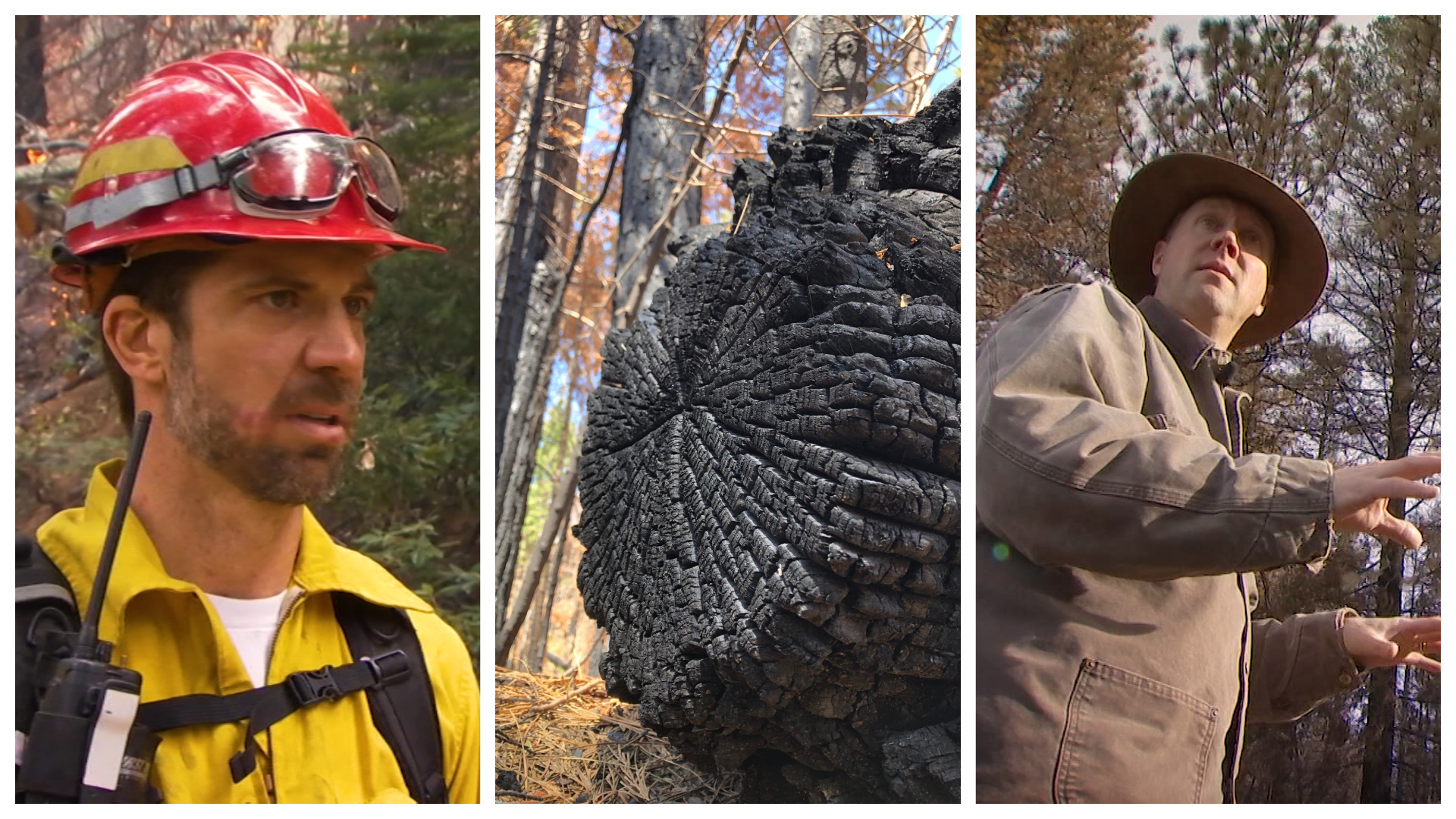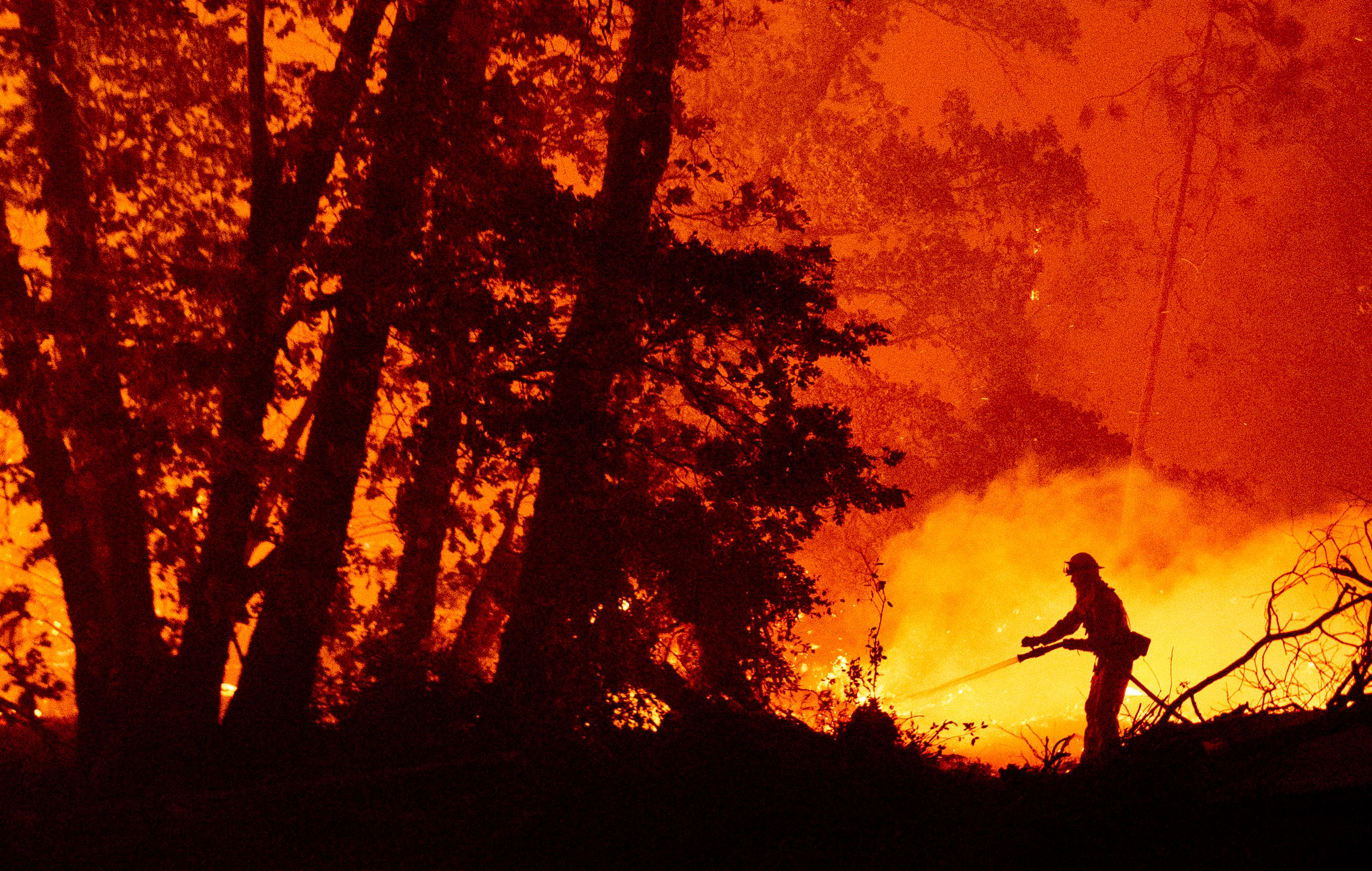Representative Ro Khanna (D-Fremont) says the U.S. Forest Service may be putting Californians' lives in danger as the result of the agency’s widely used fire-fighting practice known as "post-fire logging."
In the wake of an NBC Bay Area investigation into the issue, Khanna, chair of the House Environment Subcommittee, said he now intends to call for a hearing on the matter next year.
“We will make sure people read your reporting and we will have this conversation in public,” said Khanna, who represents California's 17th Congressional District, which includes communities in Santa Clara and Alameda counties. “We finally are going to have the forest management sitting right there, under oath -- they're going to hear from scientists who have deep concerns by about commercial logging.”
Post-fire logging, which has been utilized by the Forest Service over the past century, allows lumber companies to buy and haul away burned and dead trees, at a discount, following forest fires.
Get a weekly recap of the latest San Francisco Bay Area housing news. Sign up for NBC Bay Area’s Housing Deconstructed newsletter.
Supporters of the practice, including scientists at the federal government, believe removing those trees reduces potential fuel for future fires, thus, reducing the likelihood of higher severity wildfires in the future. An increasing number of scientists, however, worry removing burned trees often creates bigger, hotter forest fires.
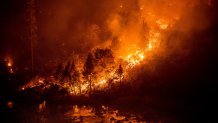
“If you're making the wildfires worse because you're taking down trees and you're increasing the spread and you're increasing the severity, then that is putting, by definition, more peoples' lives at risk,” said Khanna during an exclusive interview with the NBC Bay Area Investigative Unit.
Many of those burned logs and dead trees have commercial value. In selling trees to commercial logging companies, the Forest Service collects about $45 million year for its budget.
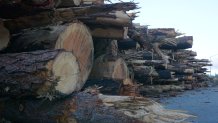
Despite repeated requests, the Forest Service declined to comment on the ongoing debate over post-fire logging and the increased criticism surrounding the agency’s financial stake in the practice.
“What I want to make sure is that commercial interests aren't dictating our policy, that science is dictating our policy,” said Khanna. "My concern is that the forest management hasn't taken into account the broad scientific opinion."
Khanna said in an effort to reach a consensus on the best way to slow down California’s catastrophic fires, he will hold a hearing in Washington D.C. next year, summoning top officials at the Forest Service and opposing scientists from across the country to testify before members of Congress. While a date for the hearing has not yet been set, Khanna said he hopes to hold it early enough in the year to give the federal government time to review and reshape its policies before the start of next year's fire season.
A 2019 report by the Investigative Unit, first prompted Khanna to write a letter to the U.S. Forest Service, asking the agency to review its logging policies.
Since then, numerous reports from scientists have challenged the effectiveness of post-fire logging. The Investigative Unit got a first look at the latest study from Dr. Chad Hanson, founder of the John Muir Project. Hanson analyzed last year’s Creek Fire, south of Yosemite National Park. He found areas that were previously logged following past forest fires ultimately burned fastest and most intensely during the Creek Fire.
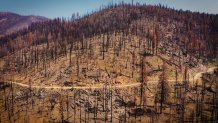
“Even though it seems counterintuitive for a lot of people, removing both dead trees and live trees from the forest actually tends to make fires burn faster and hotter,” he said. “That oftentimes occurs near towns, and when that happens, you can have tragic consequences.”
At one point, the Creek Fire advanced 45,000 acres in a single day, trapping hundreds of tourists at the Mammoth Reservoir. Some had serious injuries after running from what eyewitnesses describe as a ‘wall of fire.’ Hanson’s findings show dead, fallen trees actually absorb moisture from the soil. Instead of being “fuel,” he contends these trees serve as fire breaks, slowing down a wildfire.
Watch More in this Investigative Series
Despite the new research, supporters of post-fire logging maintain the process is essential to reducing fuel on the forest floor and are convinced that unless more logging is done, wildfires will eventually wipe out parts of California’s forests.
“The only way to deal with it, in some cases, is to do post-fire logging in some areas to disrupt the continuity of fuel into from the next fire,” said Dr. Brandon Collins, a forest science researcher. Collins works with the U.S. Forest Service, but spoke with NBC Bay Area only in his capacity as a professor at UC Berkeley.
“If you play this out long enough, we can lose a large portion of our forests.” said Collins.
Khanna says he will bring scientists, the U.S. Forest Service and lumber companies together to develop a new, science-based plan for reducing the threat of wildfire to lives and property across the state.
“I don't think it's for Congress to choose which scientist is right, but what we can make a push for is that commercial interests aren't dictating this, that all of the scientific perspectives are being considered,” he said. “If there are disagreements on the science, fine, let's resolve that.”
submit tips | 1-888-996-TIPS | e-mail Bigad
Contact The Investigative Unit
submit tips | 1-888-996-TIPS | e-mail Bigad

